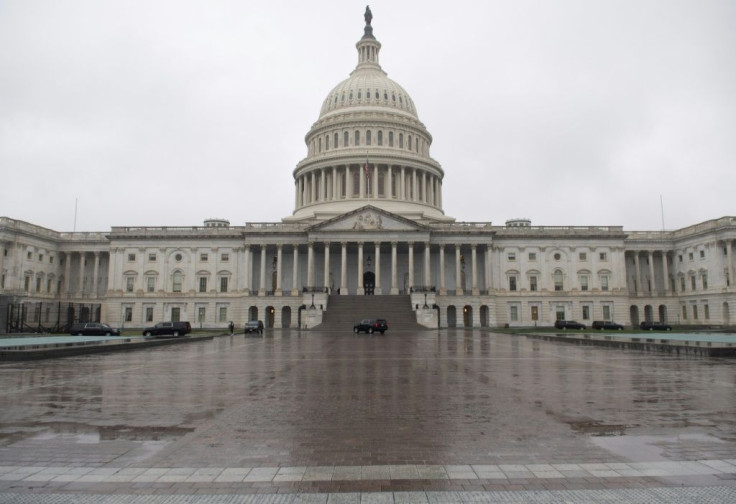Stimulus Check News: How Much Money Will Americans Get In A Second Round? A Look At Democrat, Republican Plans

As the coronavirus continues to slow the U.S. economy, Democrats and Republicans have offered different approaches to another round of stimulus checks. When asked in an interview this week if there would be further direct payments to Americans, President Trump said there would be a “dramatic” Phase Four stimulus package to boost the economy but did not provide specifics.
In May, the Democratic majority House of Representatives passed the $3 trillion HEROES Act stimulus legislation. The bill includes another round of $1,200 stimulus checks to most Americans. Individuals earning $75,000 or less would receive the full payment, while those earning less than $99,000 would receive a smaller amount, depending on their salary. Married couples would receive $2,400 if their joint income is less than $150,000. Families would receive $1,200 each for up to three dependents, allowing one household to receive up to $6,000.
The Heroes Act would allow for taxpaying immigrants and their families to receive checks. Adult dependents, who were excluded under the Cares Act passed in March, are also eligible to receive payments this time around.
The Heroes Act has been called “dead on arrival” by Trump and Senate Majority Leader Mitch McConnell, R-Ky., but Republicans may support another round of checks. Treasury Secretary Steven Mnuchin said the administration is “very seriously considering” more direct payments.
Republicans will likely not support stimulus checks being sent out to taxpaying immigrants and some conservative lawmakers have expressed concern about the cost of further stimulus legislation. At the same time, Republicans facing tough reelection battles in the fall, such as Sen. Cory Gardner, R-Colo., want more urgent financial relief for their constituents.
According to the conservative American Enterprise Institute, most Americans would receive more money in the second round of checks. The average household would receive $2,170 if a second round of checks were sent out, the think tank said, compared to $1,729 during the first round of payments.
Some experts have expressed doubt that another round of checks would boost the economy.
“There’s definitely dire need for more help by the government, given how the economy is performing right now,” Stijn Van Nieuwerburgh, a finance professor at Columbia Business School, told CNBC.
“I do question whether this needs to be in the form of stimulus checks,” Van Nieuwerburgh continued. “The stimulus checks are not very well targeted to people who need them the most.”
Last week, Americans filed 1.5 million initial applications for unemployment aid, worse than the 1.3 million expected. After July 31, individuals receiving unemployment will no longer receive the extra $600 a week provided under the Cares Act.
© Copyright IBTimes 2025. All rights reserved.


















